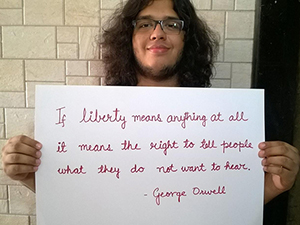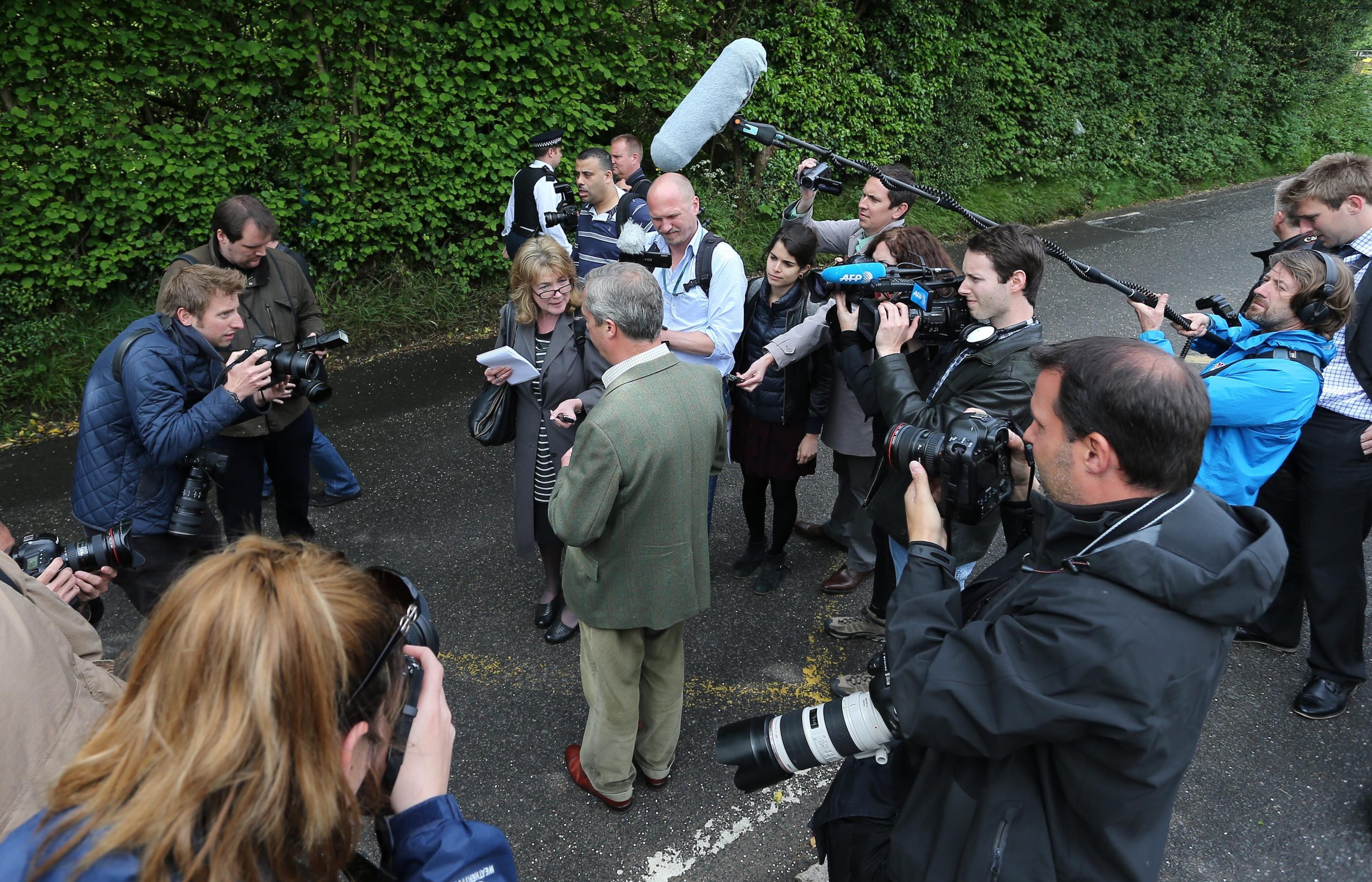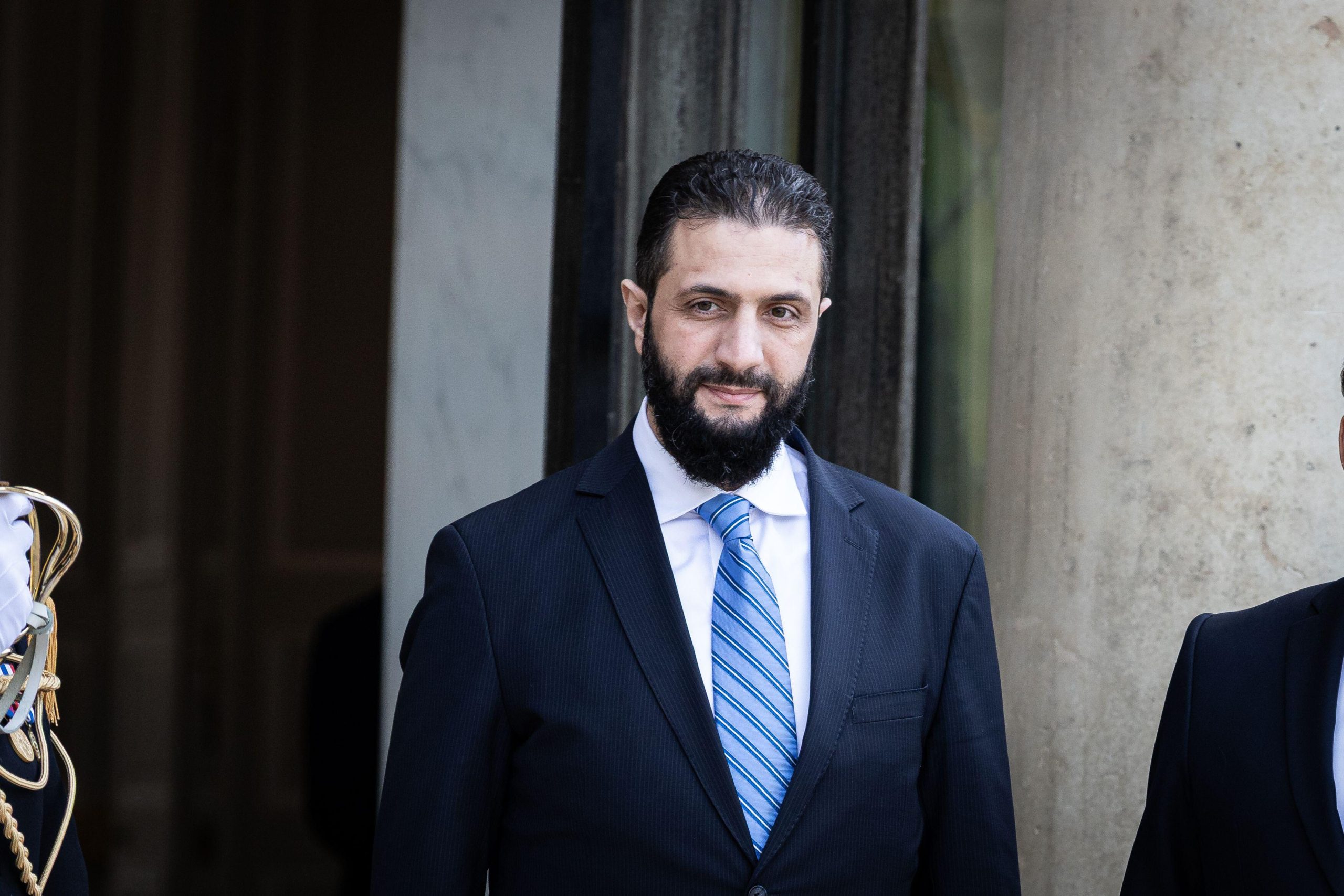This is the third of a series of posts written by members of Index on Censorship’s youth advisory board.
Members of the board were asked to write a blog discussing one free speech issue in their country. The resulting posts exhibit a range of challenges to freedom of expression globally, from UK crackdowns on speakers in universities, to Indian criminal defamation law, to the South African Film Board’s newly published guidelines.

Harsh Ghildiyal is a member of the Index youth advisory board. Learn more
Sections 499 and 500 of the Indian Penal Code, 1860, which criminalise defamation, have been challenged before the Supreme Court of India. In addition, sections of the Code of Criminal Procedure, 1973, which provide the procedure for prosecution, have been challenged.
Over the years, through several cases, the Supreme Court has made it clear that restrictions in place on speech must be reasonable, and only to the extent that they are necessary. Defamation is expressly listed as one of these reasonable restrictions but criminal defamation is not in the least bit reasonable. If the restriction goes beyond the intended purpose, it must be struck down.
Criminal defamation cases have been filed against the media, politicians and individuals for their statements. While adequate remedies for defamation exist under civil law, the provision criminalising defamation provides for imprisonment of up to two years, a fine or both. The punishment is disproportionate to an act which doesn’t go against society but against individuals.
More often than not used for dampening legitimate criticism rather than actually serving its purpose, criminal defamation is clearly not a reasonable restriction and can act as an impediment to free speech.
Harsh Ghildiyal, India
Related:
• Jade Jackman: An act against knowledge and thought
• Tom Carter: No-platforming Nigel
• Matthew Brown: Spying on NGOs a step too far
• About the Index on Censorship youth advisory board
• Facebook discussion: no-platforming of speakers at universities





